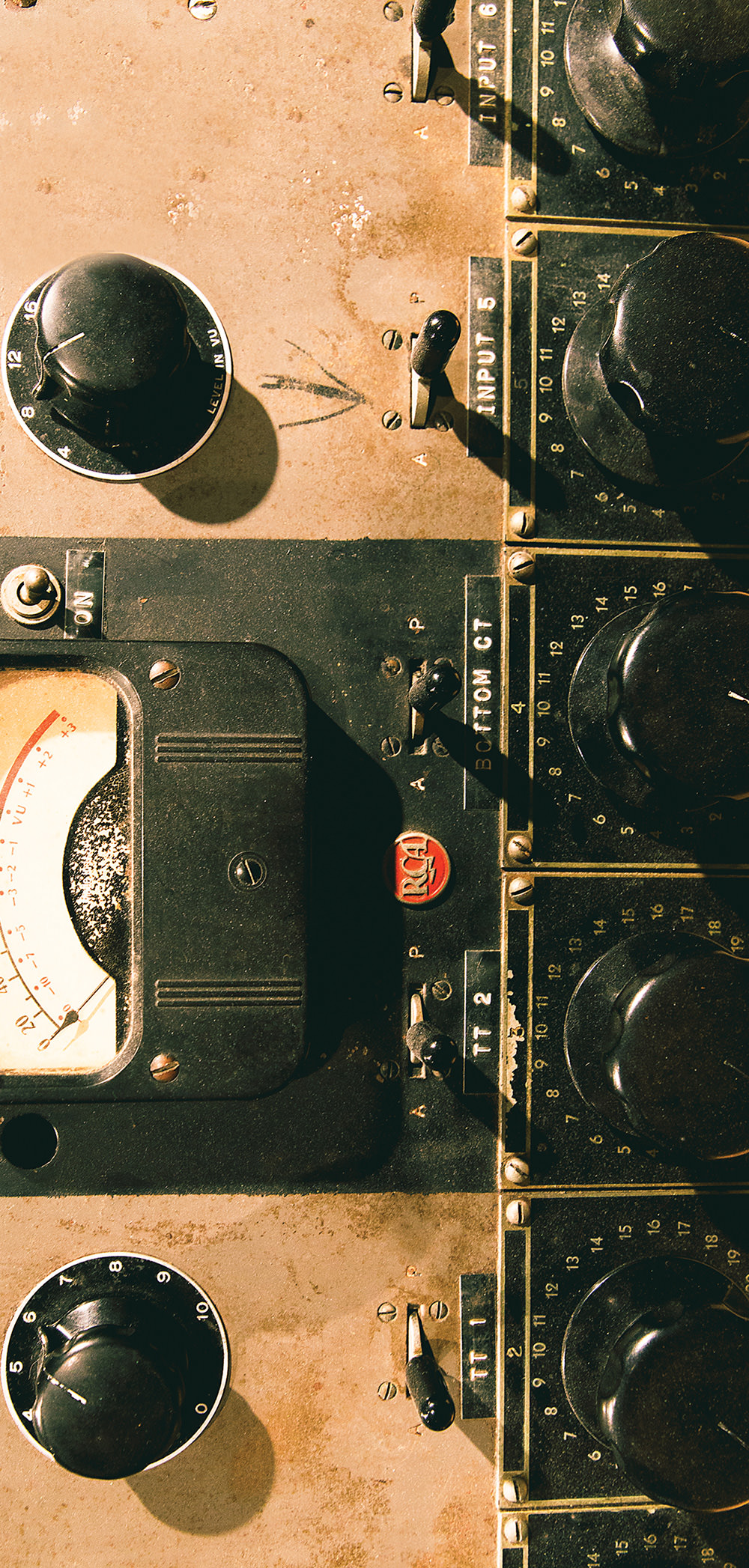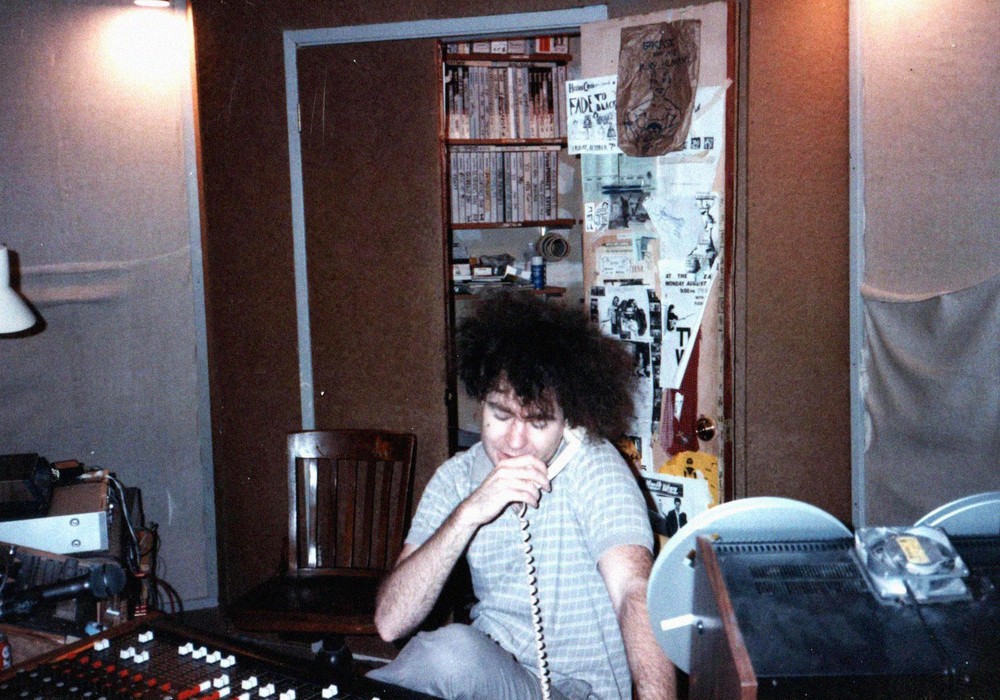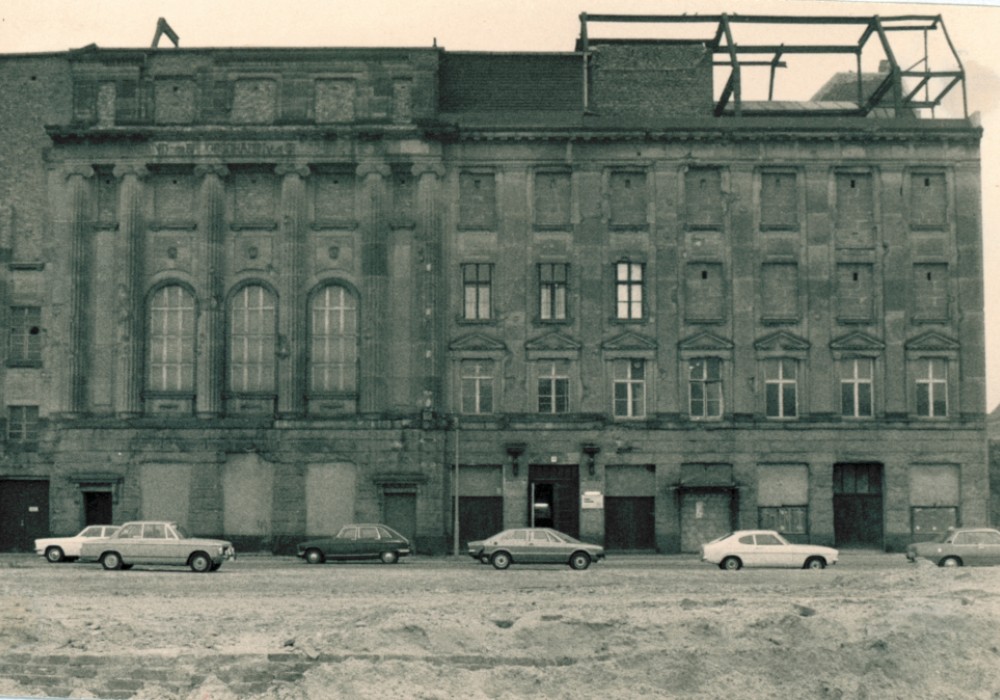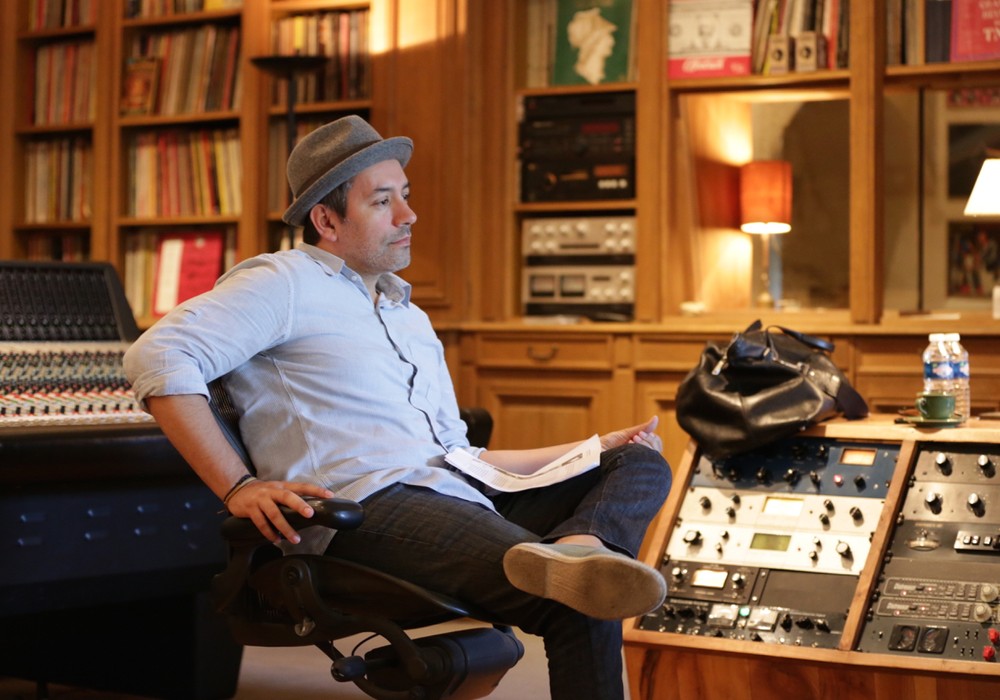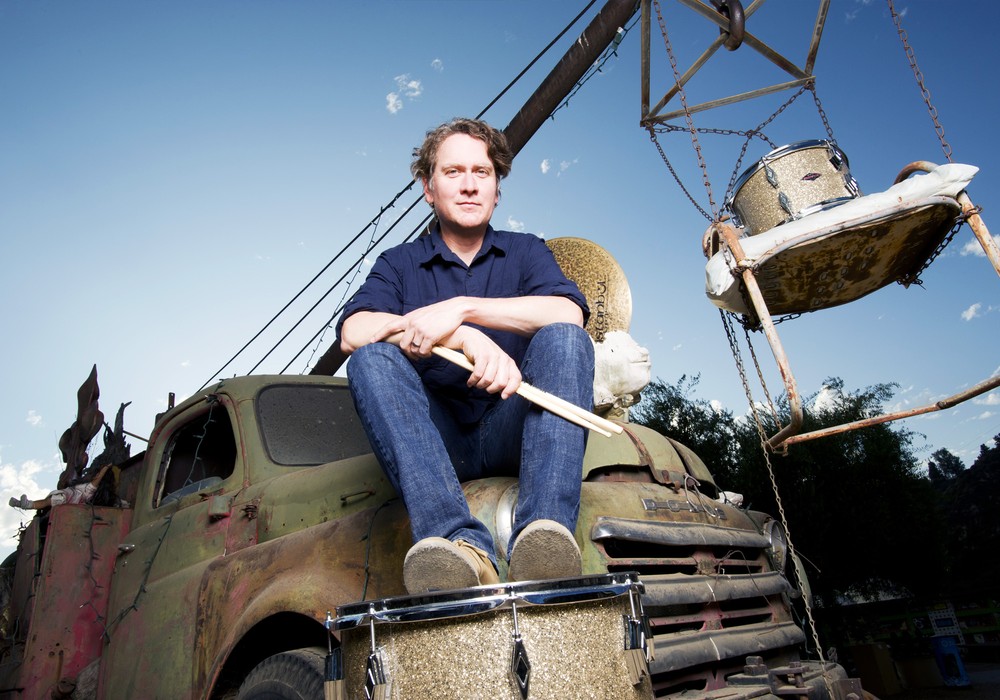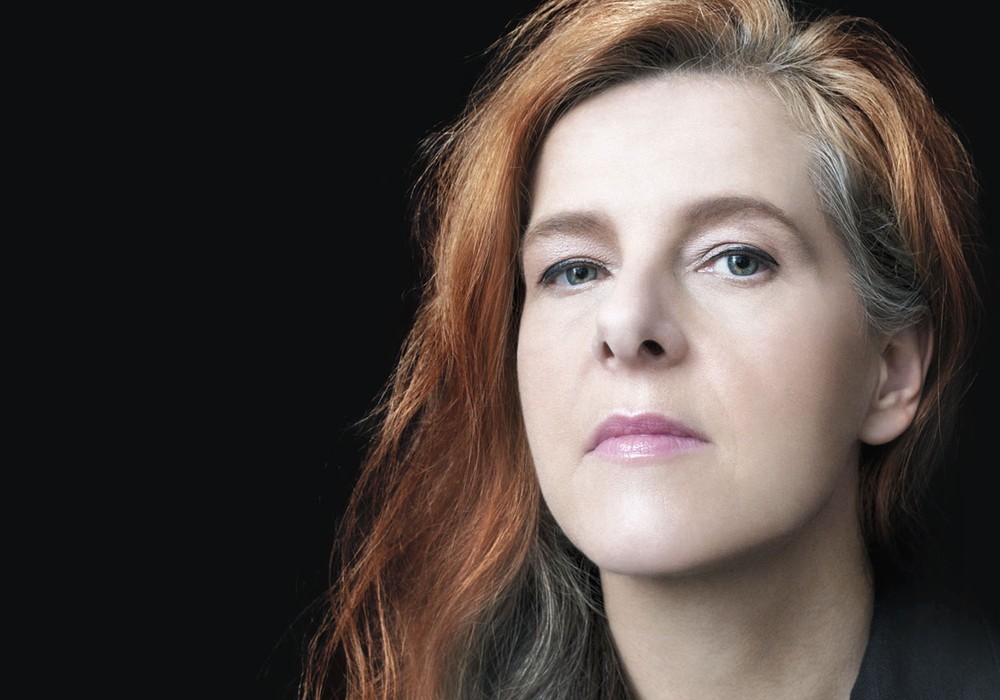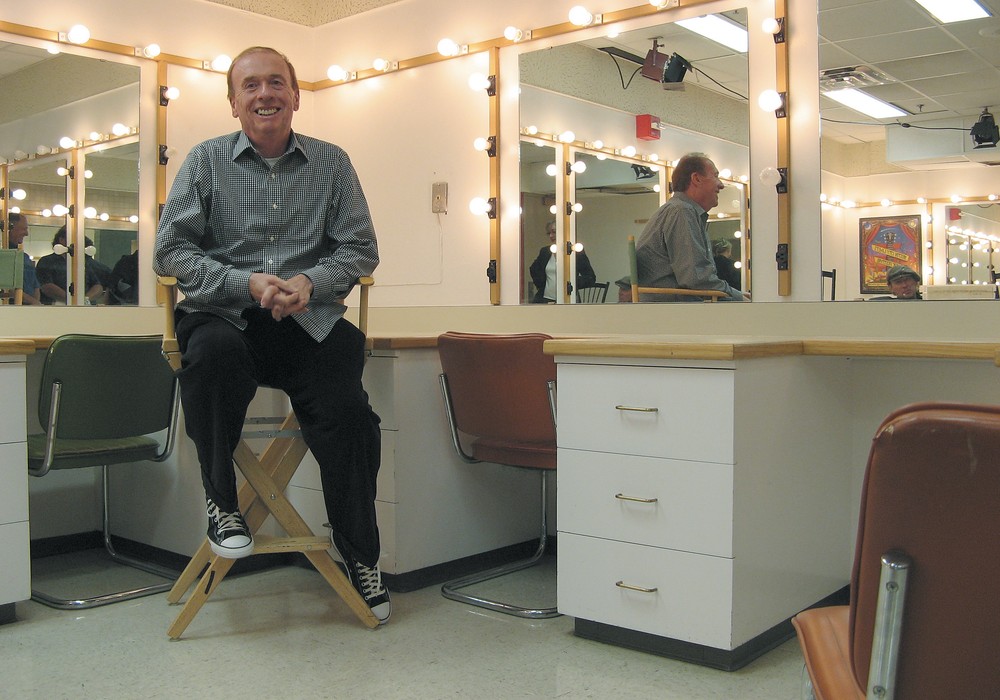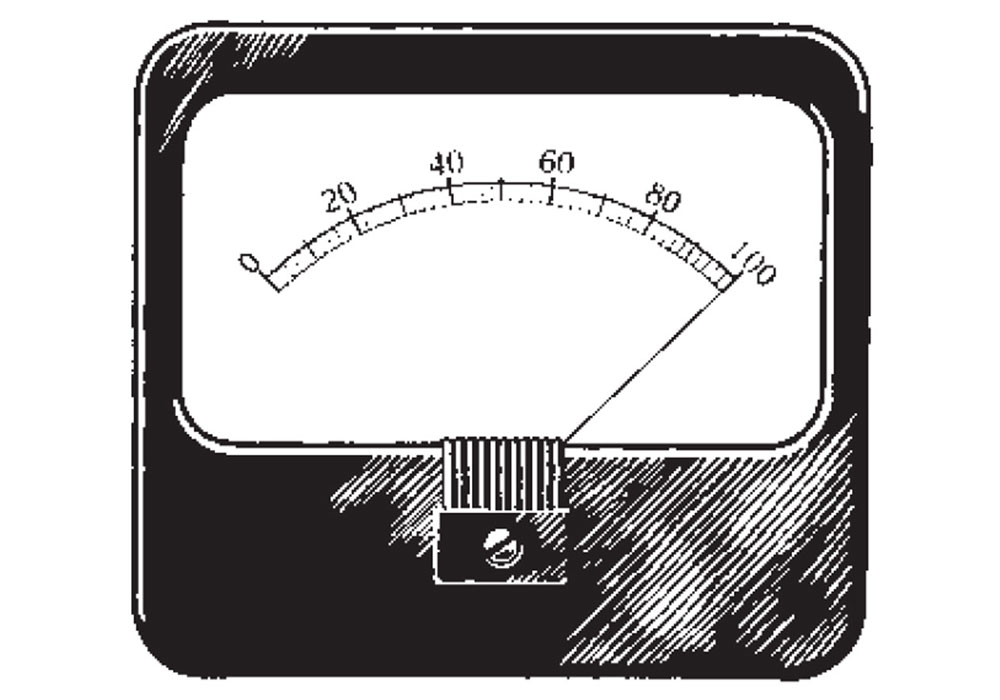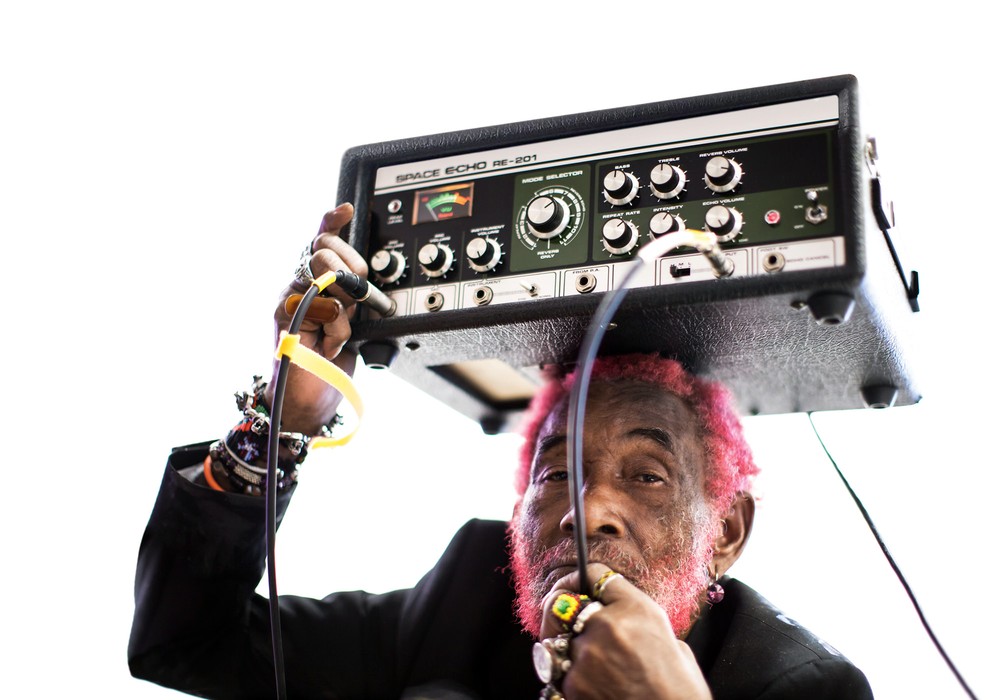Kevin Army was a secret force behind the East Bay punk explosion of the late '80s and early '90s. Being a generation older than the bands he worked with brought depth and wisdom on two-fronts that informed the music: his experience as an artist from the dawn of punk internationally and his career as a vinyl record collector with an encyclopedic knowledge of sound. He had cut his teeth at his own studio, Dangerous Rhythm in Oakland (a studio that he bought from his mentor, Matt Wallace (see Matt's interview this issue). Dangerous Rhythm was the go-to underground rock studio in the Bay Area during the mid-1980s, and it was also the first professional studio that I personally recorded in. Kevin produced some of the most seminal bands of the East Bay punk sound, including Operation Ivy, Jawbreaker, The Mr. T Experience, and Sweet Baby. In addition, he also engineered Green Day's second major label album, Insomniac.
Feature Photo @ Dangerous Rhythm 1986 by David Ginochio of 3DBB
When did you start playing music?
When I was in third grade or so. I started playing piano; my mother taught me. She got a book and she showed me a few things - the basics. Music was all that I wanted to do! They had to limit me playing records when I was 7, because all I wanted to do was sit in front of the record player. This is why I became a record collector, so that I could have as many records and listen to them as much as I wanted. They limited me to an hour a day at one point, because they couldn't take it. [laughter] Everyone knew I loved music. I remember my parents opening up their trunk, and it was stuffed with records that people had passed on for me. First, they got me a toy saxophone. Then the piano; an upright. I learned a little bit, and I immediately started playing songs by ear. I really impressed my family when I learned to play "The Age of Aquarius" on my own. [laughter] They would make my relatives listen to my horrible renditions. In school I was given the choice between violin or viola; I chose violin. The worst choice ever, if you wanted to carry an instrument that was [essentially] a neon sign that said, "Beat me up."
I thought any instrument might make someone a mark for bullies.
No, you could play sax. I was the only boy in the string section. That's a whole other level of commitment - to not just learn an instrument, but to get hazed and have your ass kicked in the process. My teacher was terrible. She didn't teach vibrato, so I got headaches all the time. Vibrato is what makes you sound good.
So, you gave yourself a headache with your own playing?
I think so. When I was in 7th grade, my mom gave me the choice to play guitar. We had an awesome teacher that would teach us music theory, as well as Led Zeppelin and Don Ellis, which was pretty crazy out in the suburbs. I would come home and lock myself in my room and play all day, every day. Within two hours of picking up the guitar I had written a song, which I had never done with piano. Guitar immediately resonated with me.
What year do you think the East Bay punk scene started? And what year did it end?
Well, there'd been an East Bay scene since 1977. But what the East Bay became known for - the scene around 924 Gilman Street - started in 1986. That scene never ended; it is still going. Obviously, it peaked in fame when Green Day became popular, and with that perhaps some of the initial innocence and lack of self-consciousness were lost. That brought some interlopers, though I don't think many of them actually joined into that scene. I would call the interlopers the bands from outside that scene who would suddenly say, "We're kind of punk rock. We sound like Nirvana and Green Day," without ever having gone to Gilman. Kind of like the journalists who never wrote a word about Gilman until Green Day hit it big, and then couldn't shut up about it. I mean, if you lived in the East Bay and missed seeing and writing about Operation Ivy, you couldn't have been that good of a rock journalist, could you?
How was the reception to the early East Bay punk scene?
Well, everything was met with resistance by reviewers. They later embraced it. But did anyone write about that before it became successful? There was that whole period previously where punk rock was just considered garbage. You just have to go with your heart. I think the Gilman bands influenced each other, yet they remained unique at the same time.
What was your first studio experience?
I was in bands back then, and if you were in punk rock bands you ended up recording with people at studios that hated you. I started producing before I started engineering. I made my horrible single. Some people liked the way it sounded, so they asked me...
